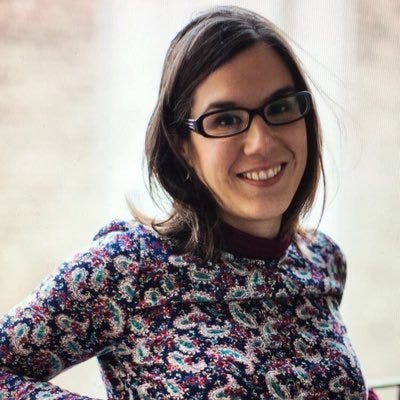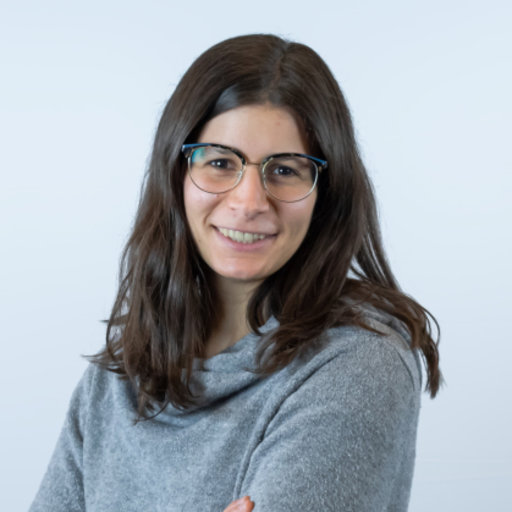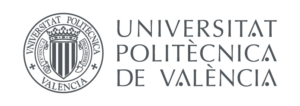
Citizen science: scientific transformation through participation
From 15:30 to 18:30h
Course objectives
- To deepen in the concept of citizen science, the context in which it is developed and its current situation
- To characterize the different phases of citizen science research
- Learning design thinking methodology to apply it to co-creation, with the aim of developing participatory projects
- Learning about and promoting visual thinking
- Developing strategies to create communities of scientific citizenship
- Understanding the ethical aspects of citizen science. Working with transparency and open science
- Learn about successful examples
- Promoting scientific research projects with scientific, social, environmental, economic and political impact
- To develop a citizen science project
- Encourage scientific and social transformation through participation in scientific research
Programa
- Citizen science and ECS principles. (1 session)
- The research process and scientific method (1 session)
- Design thinking and visual thinking, co-creation and hackathons (2 sessions)
- Communication, inclusive language, audiovisual and transmedia (1 session)
- The role of citizen scientists and the importance of communities (1 session)
- Data collection, apps, ethics in citizen science, open science (1 session)
- Success cases (1 session)
- Impact (1 session)
- From theory to practice: new projects. (1 session)
Methodology
The course will have a duration of 10 days with 3-hour sessions, with a short break of 15 minutes. The classes will be online. Each session will work on one point of the program. The contents will be worked in a theoretical and practical way. Examples and success cases will be shared as reference. The course includes the creation of pilot projects, which are raised as possible seeds, with the objective that they can germinate beyond the duration of the training. We will share content, practices and methodologies. We will explore the needs of research, as well as the power of tools such as design thinking or visual thinking. We will learn by doing and through projects. The Miro platform will be our practice space.
Teachers

Founder and director of La Mandarina de Newton. She specializes in promoting projects that enhance and cross the scientific method, design thinking and creative processes. She graduated in Physics from the Barcelona University (UB). She has taken several postgraduate courses in Science Communication (UPF), Creation of Scientific Documentaries (UPF) and Pedagogical Skills (UPC).

Project manager at La Mandarina de Newton. Her main objective is the transmission of science. She graduated in Biomedical Sciences and specialized in Neurosciences (UAB). He received his PhD in Health Sciences (UIC) with a research work on the control of obesity from the nervous system. She has a postgraduate degree in Scientific Communication (UVic-UCC).
